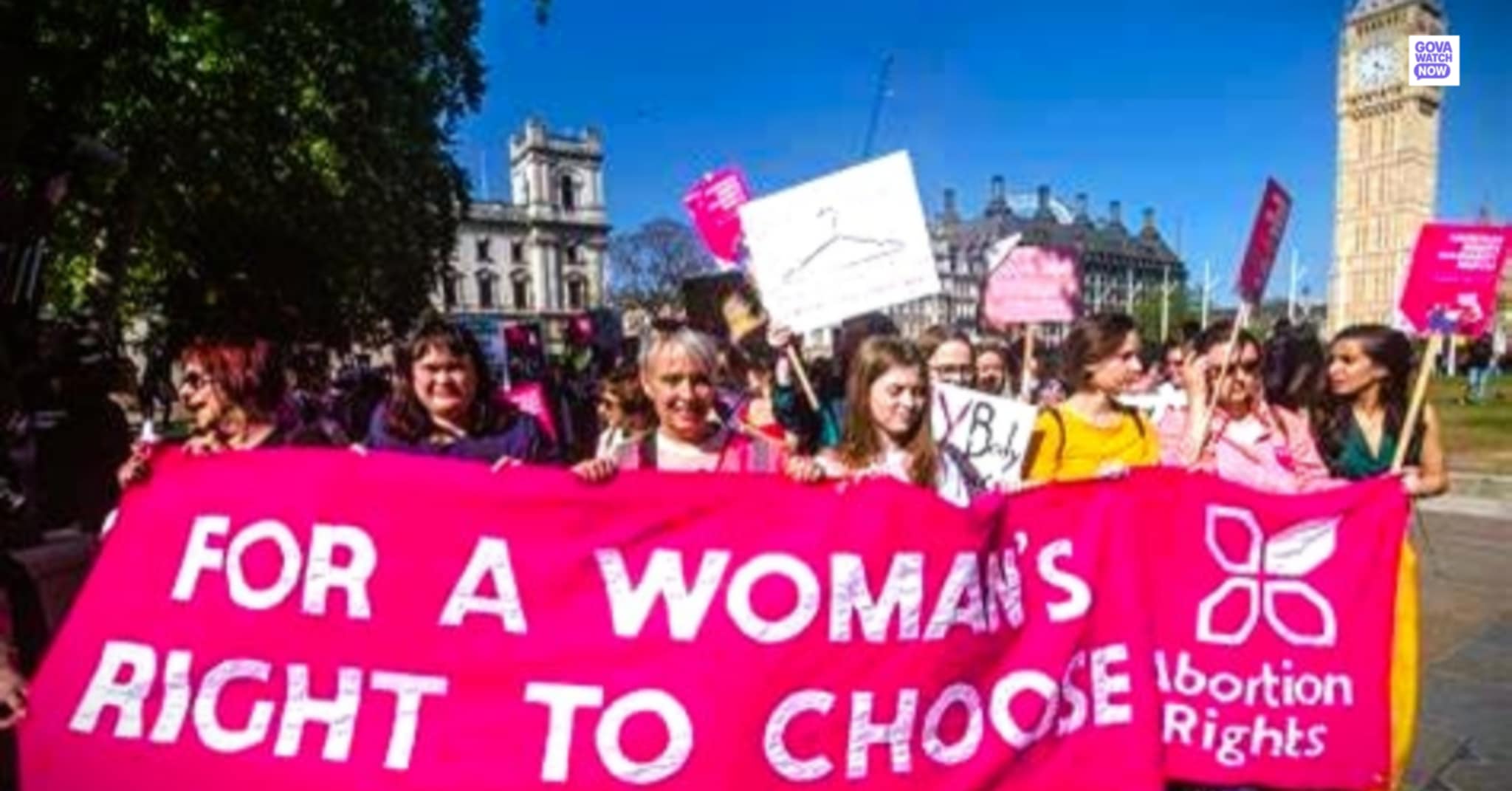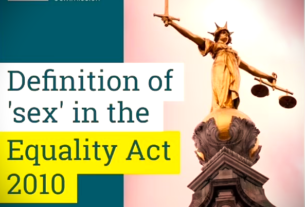As Members of Parliament gear up to debate a powerful e-petition on June 2, calling for the decriminalization of abortion, voices across the UK are rallying for more than just a change in the law they demand justice, dignity, and real access to care. Since its launch in December 2024, the petition has ignited a groundswell of support, with over 100,000 people signing to urge the government to strip abortion of its criminal status following the World Health Organization’s 2022 call to remove unnecessary legal roadblocks to safe abortion.
Right now, the UK’s abortion laws are stuck in the 19th century, governed by the 1861 Offences Against the Person Act and the 1967 Abortion Act. While abortion is allowed up to 24 weeks with two doctors’ approval, any termination beyond that or without the proper green light can land a person behind bars for life. Campaigners argue these laws are not only outdated but dangerously out of touch with modern medical practice and the realities faced by pregnant individuals today.
Katherine O’Brien, spokesperson for the British Pregnancy Advisory Service (BPAS), reveals a disturbing truth: in recent years, over 100 women have faced police investigations, including those who endured the heartbreak of miscarriage or stillbirth. This chilling criminalization does not protect it traumatizes, deterring people from seeking vital healthcare and support. Gemma Clark, who led the petition, and fellow advocates warn that without removing these harsh legal penalties, innocent people will continue to suffer unjust prosecutions.
Stepping up, Labour MP Stella Creasy has tabled a bold amendment. It doesn’t just call for decriminalization it champions abortion as a fundamental human right. Inspired by the landmark 2019 reforms in Northern Ireland, Creasy’s proposal aims to shield abortion services from political whims, guaranteeing unwavering access no matter which party is in power.
The amendment also fights to protect telemedicine abortion services, a lifeline permanently legalized in 2020 after the pandemic showed how crucial remote care can be. It ensures legal safeguards for people making decisions about their own pregnancies with full consent and even extends protection in cases where abortion occurs without consent, offering clarity and security for patients and healthcare workers alike.
As the debate looms, campaigners are clear: simply dropping criminal penalties won’t be enough. What’s needed is a transformative legal framework that recognizes abortion as a fundamental right, securing safe, accessible, and stigma-free reproductive healthcare for everyone who needs it.




